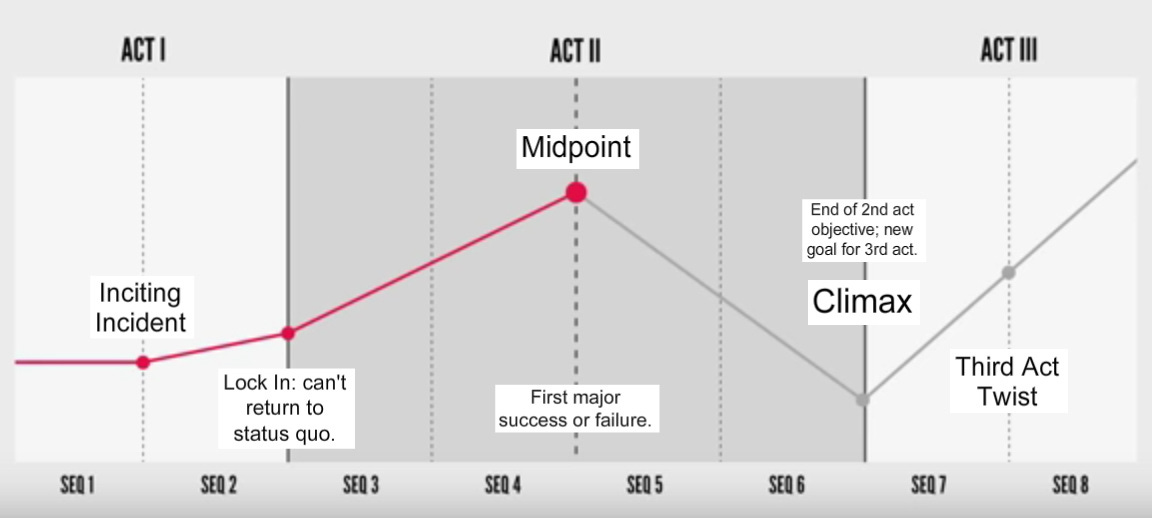“Everyone has a God-shaped hole in their hearts,” Melissa Chen recently tweeted. “The question is: what’s going to fill it?”
“Dogs,” answered Bo Winegard. “Cake,” Michael Sherlock responded. “Deez nutz,” claimed Attic Denizen.
Equally valid responses include donuts, porn, gardening, hiking, whiskey, traveling, tennis, beer pong, basketball, gambling, gaming, Netflix, meditation, volunteering, podcasting, fire walking…
The real question, of course, is what would you NOT fill the hole with?
On a separate thread, Zoe Booth from Quillette made a delightful mockery of Chen’s post, tweeting, “Doctor, my hole isn’t God-shaped, is that normal?”
At some level, there might very well be a vaguely God-shaped hole in each of us, so I don’t want to dismiss Chen’s assertion too flippantly. I’m currently reading Julian Jaynes’ book on Bicameral Mind Theory, which is a compelling explanation for how humans achieved the ability to introspect. His theory, as I understand it, describes a world where our ancestors regularly heard the voice of God, and it was this voice, and this voice alone, that propelled action. If you read the Iliad, there’s exactly zero introspection. Instead, characters are compelled into taking action only when they hear divine instruction. But then, as centuries went by and language started to incorporate complex metaphors, the voice of God that everyone heard became less frequent, less authoritative. Globally, distress over God abandoning humanity became rampant. Major religions developed to preserve the memory of God’s instructions. Centuries went by and now and we still have these ancient religious books, but the voice of God has almost entirely quieted in our brains.
This true? Who knows. But if so, again, it would give some credence to Chen’s assertion that we all have an evolutionarily coherent God-shaped hole needing to be filled. And no doubt there are other theories from history, psychology, and evolution that may grant the God hole some level of legitimacy.
But even so—even granting credence to out-there theories—the alleged God-shaped hole really isn’t God-shaped. It’s shaped, instead, like…a Hollywood movie.
Check this out. This is the basic structure of every blockbuster movie ever. It’s also the structure of Jesus’s life and the fate of humanity generally according to the Bible:
This basic story structure is the shape of the hole in our hearts. How do you achieve a sense of meaning and purpose? You need a good story and you need to place yourself within that story as someone who has meaning and purpose within that story. It can be the Christian story, where Jesus came down to earth to die on a cross so that you don’t have to suffer for eternity for your sins (bleak and manipulative much?). Or it can be a story about achieving the American dream, or raising a family, or traveling to space to spread human consciousness throughout the cosmos.
To be clear, belief in God does work as a story through which meaning can be found. In fact, any of the thousands of gods out there will work, assuming they come to you within the context of a sufficiently Hollywood-worthy story. Once you’ve settled on a god, then the challenge will be to sustain a sufficient level of belief in that story without being non-stop riddled with practical misgivings. I’m not up for that. But hey, some people seem to be. So more power to them.
For the rest of us, it’s dogs, cake, and deez nutz as plot points in a story with a traditional three-act structure. And that’s good enough for me.






